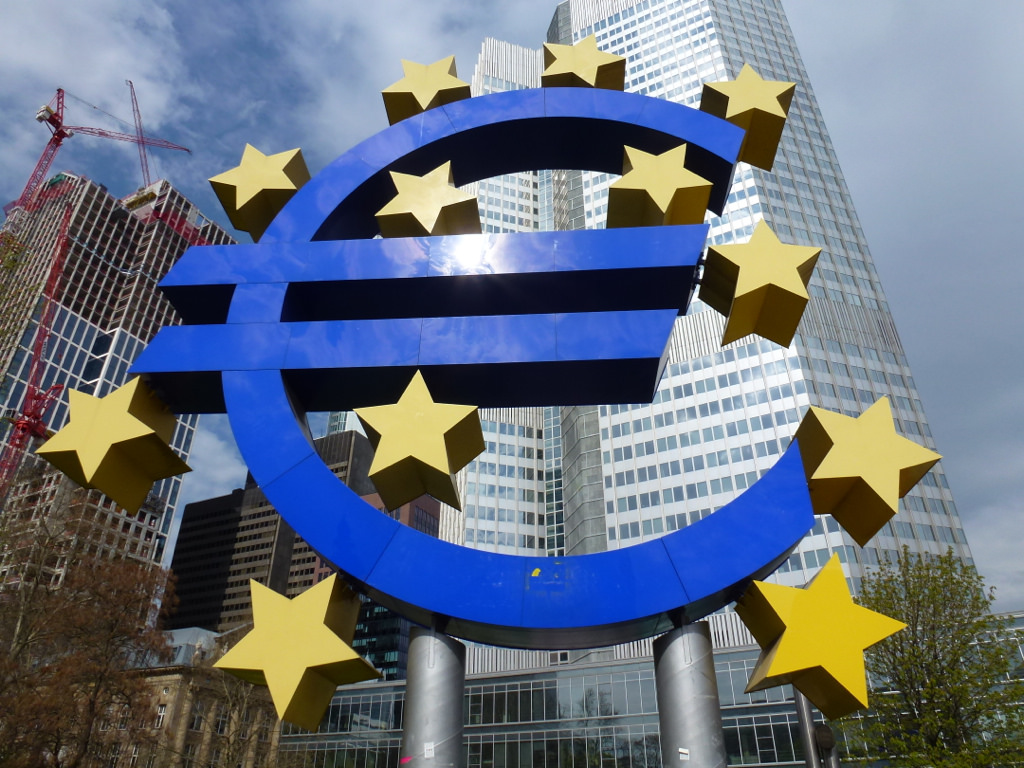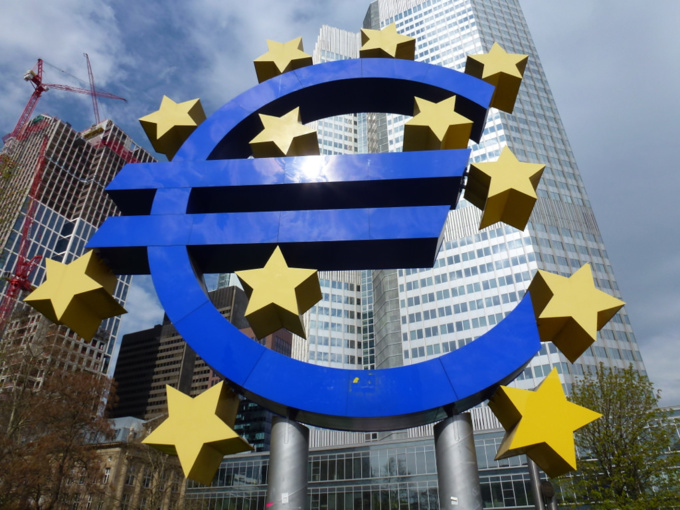The Financial Times gained access to a confidential report of "European financial regulators" (a specific agency is not called), which refers to significant gaps in coordination of work between European countries in the fight against money laundering. The report mentions "serious omissions" and "gaps" in how local authorities and EU authorities contact each other when exchanging information on potential money-laundering cases. The report is based on conclusions of experts from the ECB, the European Banking Authority (EBA) and the European Commission. The group of experts began its work in June after a series of scandals with money laundering in European banks.
The first such scandal was the February events around the Latvian bank ABLV. The US Treasury accused the bank of money laundering and aiding corruption. According to the Ministry of Finance, ABLV was involved in large-scale money laundering operations, bribed influential representatives of local authorities, withdrew Russian money through shell companies, conducted operations with representatives of the DPRK, thus violating the sanctions regime. After the audit, the ECB reported on liquidation of this Latvian bank.
In May, the Estonian police released information that some Estonian banks might be involved in a large-scale money laundering scheme of about $ 13 billion in the period from 2011 to 2016. In May, the authorities of Malta notified the ECB of revocation of the license from the local Pilatus Bank. Ali Sadr Hashemi Nejad, chairman of the bank’s board, was arrested two months earlier on charges of financial transactions with Iran, bypassing US sanctions. In early August, the Danish prosecutor's office launched an investigation against Danske Bank on suspicion of money laundering. Earlier, the media reported that $ 8 billion were laundered through the Estonian branch of the Danish bank since 2007. The Danske Bank management admitted that there were problems in the Estonian branch and commenced an internal investigation, the results of which have not yet been made public.
Conclusions of the report, the FT says, were sent to national governments and the European Parliament. It is expected that, based on the results of the analysis, a mechanism will be developed that will eliminate problems identified in coordination between the EU countries in the fight against money laundering. In an interview with the British newspaper, EBA chairman Andrea Enria said that the EU has to create a new separate body. The new agency will see to it that the banks in due measure carry out appropriate checks on purity of the funds - recall that banks already have to do it within the framework of EU legislation. The head of the ECB's monitoring and supervisory board, Danièle Nouy, also leans toward this idea.
source: ft.com
The first such scandal was the February events around the Latvian bank ABLV. The US Treasury accused the bank of money laundering and aiding corruption. According to the Ministry of Finance, ABLV was involved in large-scale money laundering operations, bribed influential representatives of local authorities, withdrew Russian money through shell companies, conducted operations with representatives of the DPRK, thus violating the sanctions regime. After the audit, the ECB reported on liquidation of this Latvian bank.
In May, the Estonian police released information that some Estonian banks might be involved in a large-scale money laundering scheme of about $ 13 billion in the period from 2011 to 2016. In May, the authorities of Malta notified the ECB of revocation of the license from the local Pilatus Bank. Ali Sadr Hashemi Nejad, chairman of the bank’s board, was arrested two months earlier on charges of financial transactions with Iran, bypassing US sanctions. In early August, the Danish prosecutor's office launched an investigation against Danske Bank on suspicion of money laundering. Earlier, the media reported that $ 8 billion were laundered through the Estonian branch of the Danish bank since 2007. The Danske Bank management admitted that there were problems in the Estonian branch and commenced an internal investigation, the results of which have not yet been made public.
Conclusions of the report, the FT says, were sent to national governments and the European Parliament. It is expected that, based on the results of the analysis, a mechanism will be developed that will eliminate problems identified in coordination between the EU countries in the fight against money laundering. In an interview with the British newspaper, EBA chairman Andrea Enria said that the EU has to create a new separate body. The new agency will see to it that the banks in due measure carry out appropriate checks on purity of the funds - recall that banks already have to do it within the framework of EU legislation. The head of the ECB's monitoring and supervisory board, Danièle Nouy, also leans toward this idea.
source: ft.com



















